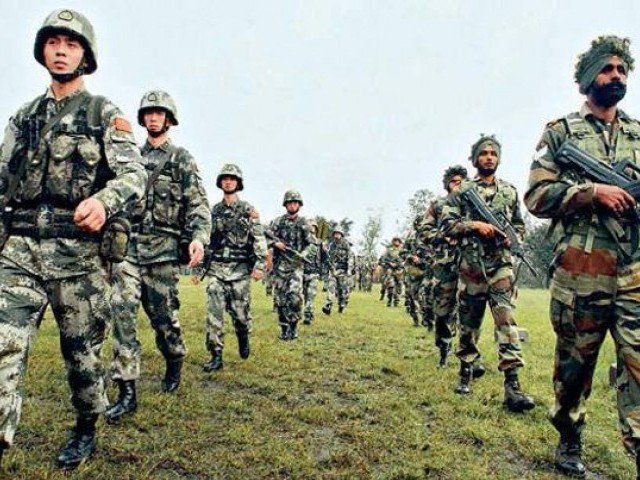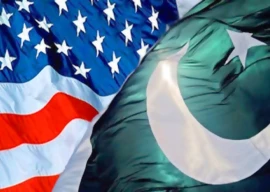
China on Thursday reiterated that Indian side was totally responsible for the current standoff between troops of two countries along the Line of Actual Control (LAC).
“The merits of the situation at the border area are very clear and the responsibility totally lies with the Indian side,” Chinese Foreign Ministry Spokesperson Hua Chunying said in response to remarks of Indian External Affairs Minister S. Jaishankar about China-India border situation, during her regular briefing held in Beijing.
She dismissed Indian accusation that China had violated multiple agreements signed between the two sides and made it clear that the Chinese side had been strictly observing the agreements signed between the two sides and committed to resolving the border issue through dialogue.
“We are committed to safeguarding regional peace and tranquillity at border areas,” she added. Hua Chunying said that in the meantime, the Chinese side was determined in safeguarding its territorial sovereignty, adding, “We hope India can work with us and contribute to solidarity, cooperation and common development.”
The spokesperson said that China had been observing strictly the agreements between the two sides and committed to resolving the border issue through dialogue and safeguarding peace and tranquillity at the border area. “But like all sovereign states, we are determined in safeguarding our territorial integrity. So on the Indian side, I think this is a serious question on what it should reflect upon. There are challenges in bilateral relations but China’s position and policy on India hasn’t changed,” she added.
Hua Chunying observed that China and India were neighbours and the world’s two biggest emerging markets and keeping good relations served the fundamental interests of both countries and its people but it required common efforts from both sides.
“As two major countries and emerging markets keeping good relations serves the fundamental interests of both and we will stay committed to safeguarding the peace and tranquillity in the border area,” she said.
She said that on the historical issues, China believed that both countries should find fair, reasonable and mutually acceptable solutions based on equal footed consultation and put it on the proper position in our bilateral relations.
“We hope we can reach consensus properly manage differences, enhance practical cooperation and bring our bilateral relations back on the right,” she added.
The Chinese and Indian soldiers had engaged in the most serious border clashes since they fought a war in 1962, leaving as many as 20 Indian soldiers dead during a fight in June.
China held India responsible for the incidents, calling the actions by Indian border troops “infringing and provocative.”
In a bid to resolve the current border situation, China and India had reached a five-point consensus. Both sides had agreed to take guidance from the series of consensus of the leaders on developing India-China relations.
The militaries of the two countries also held several round of commander level talks and exchanged in-depth views on easing the current situation on the border areas.
The disputed border covers nearly 3,500 kilometres of frontier that the two countries call the Line of Actual Control and that stretches from Ladakh in the north to the Indian state of Sikkim in the northeast.
The two countries have been trying to settle their border dispute since the early 1990s without success.


1732003896-0/Zendaya-(1)1732003896-0-165x106.webp)
1731914690-0/trump-(26)1731914690-0-165x106.webp)
1732003946-0/BeFunky-collage-(70)1732003946-0-165x106.webp)
1731996868-0/Untitled-design-(7)1731996868-0-270x192.webp)










1731749026-0/Copy-of-Untitled-(3)1731749026-0-270x192.webp)






COMMENTS
Comments are moderated and generally will be posted if they are on-topic and not abusive.
For more information, please see our Comments FAQ